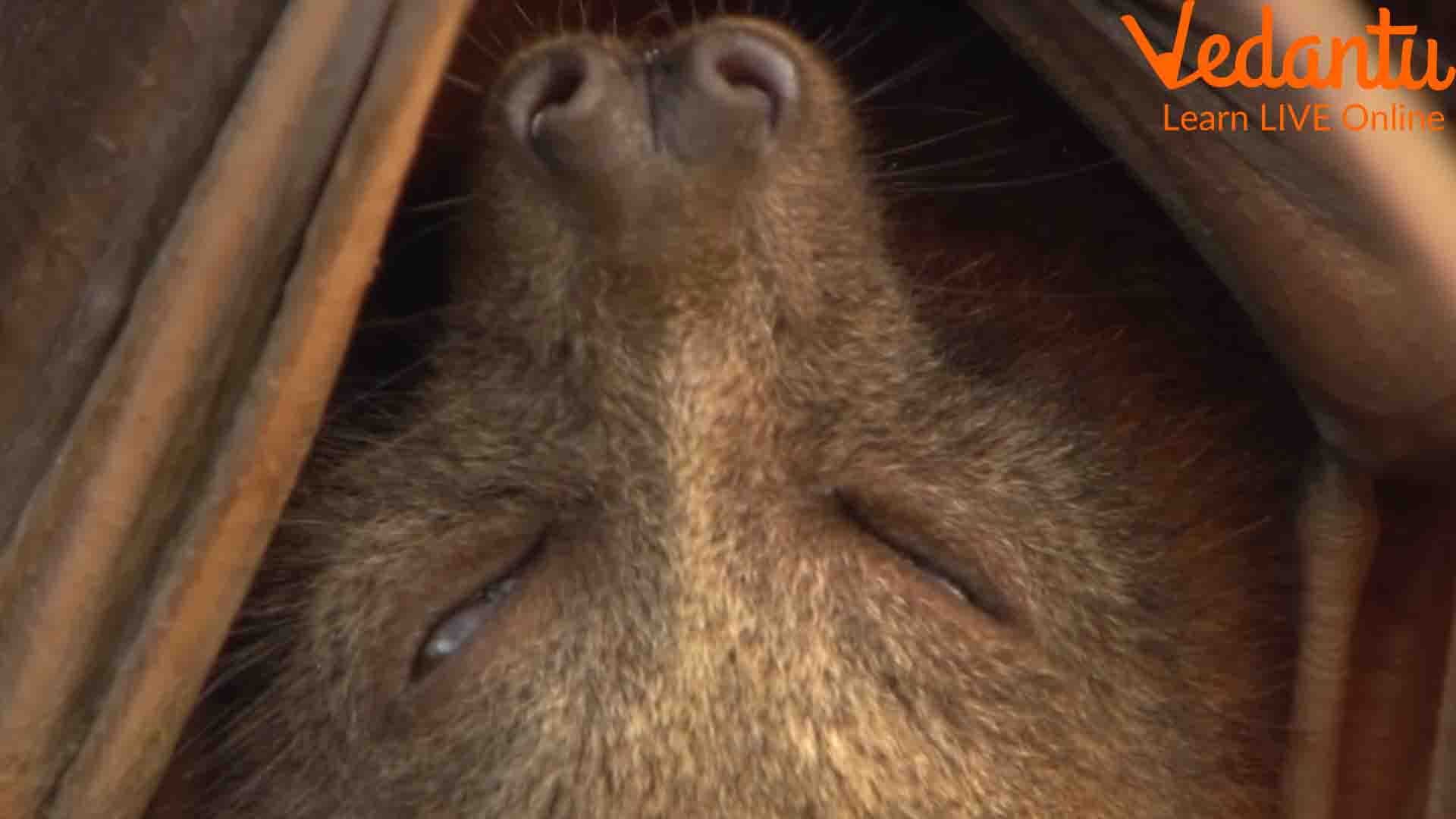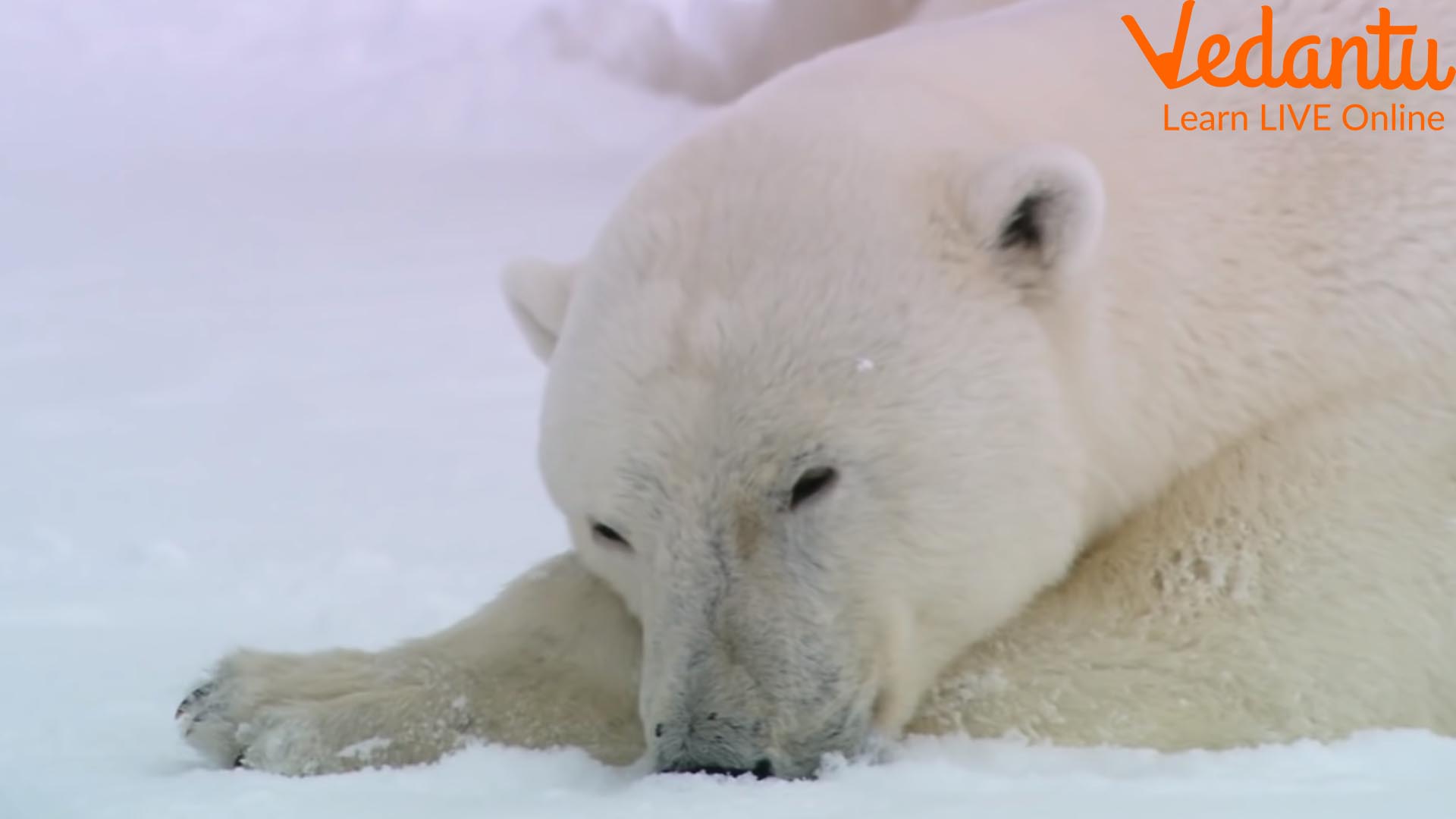Top Reasons Behind Animals’ Hibernation in Winter
‘Hibernation’ derives from the Latin word ‘Hibernare’, which means ‘to pass the winter’. Of course, during the cold winter months, relaxing in bed seems more comfortable than anything else in the world. This is not different in the case of animals. They, too, need to relax during the long winter months for survival. Certain animals go into a long slumber to survive the long winter months without food.
This happens due to having hardly any food to live on. But an animal's hibernation is a dramatic process, changing the metabolism and heart rate of an animal. During this time, an animal’s heart rate slows down, its body temperature draws, and the body becomes almost cold. So, why do animals go into hibernation? Is it just a way for them to survive the winter? In this article, we are about to figure out why do some animals hibernate in winter.
Reasons Behind Animals’ Hibernation
So, why do some animals hibernate in winter? The answer to this question is different for different animals. Bats hibernate because they build brown fat, which helps them accumulate energy in their bodies, but frogs have a completely different reason. So, you can see that while some animals hibernate, others do not. Here, we have mentioned various reasons why animals hibernate.

Animals Hibernation
Lack of Food in Winter
Lack of food is one of the reasons if you ask why do animals hibernate. The winter sleep in animals is not just because of the extreme cold. It is because they cannot have enough food to survive the longest months of winter.
During the cold months, the animals do not get enough insects to eat, which is one of the most important reasons why they feel the need to survive without any food. Animals have adopted the habit of hibernating so they can wake up.
Once the winter is gone, they start storing their food. However, a few animals wake up occasionally, have food, and go into a deep slumber again.
Getting the Energy for Endothermic Mammals is Essential
When someone asks why do animals hibernate, the answer is due to extreme weather. While we already know that the lack of food is one of the reasons behind winter sleep in animals, other animals may have varied reasons for hibernation.
Endothermic mammals, the warm-blooded ones, are believed to need a constant energy source to keep going. But during winter, they feel a lack of that energy. Going into hibernation can help to get their energy back so their body can start functioning properly during the rest of the year.
According to Wilson, endothermic animals tend to eat a lot and build up fat, and during their hibernation process, they live off the excessive fat in their body. As we have discussed, animals that hibernate can have multiple reasons behind going into a deep slumber.
Helps to Create Brown Fat for Extra Heat
Animals that hibernate, especially mammals, tend to build brown fat on their bodies. Bats are mammals that develop brown fat on their backs and shoulder blades. Some mammals store brown fat in their belly. This brown fat is essential because the animals that hibernate in winter usually reduce their metabolism.
The body fat helps the animals that hibernate in winter to provide extra heat to their body, helping the animals to get the energy when they wake up after a long slumber.
To Re Energise the Body
Winter sleep in animals is essential for survival. As we have discussed before, animals tend to eat a lot and accumulate fat in their body before going into hibernation. During the hibernation process, the animals slowly digest the food as their metabolism slows down. They get vital energy during this period which helps them to get the energy to survive all those cold winter days.
Frogs Hibernation to Balance Out Body Temperature
If you ask someone which animals undergo hibernation, perhaps the most common answer you are likely to get is frogs. Kids in schools keep reading about frogs’ hibernation. But have you ever thought about why frogs undergo hibernation?
Well, they have an entirely different reason behind going into a deep sleep while winter is here. Unlike bats, woodchucks or ground squirrels, frogs undergo hibernation because of their reducing body heat.
Frogs tend to become a lot less active as their body temperature decreases. So, they need to hibernate to balance out their body temperature.

Animals Hibernation in Winter
To Become Active During Summer
Hibernation happens for another reason too. Usually, every animal that hibernates in winter goes through some changes. For example, their metabolism rate slows, their body temperature plunges, and their respiration and heart rate decrease to certain levels.
Some animals build fat in their body. Sometimes these changes are so drastic that they appear dead to the eyes. But once the heat starts to rise and they come out of their hibernation, their energy level rises to help them to hunt properly. However, many of you might ask a question.
Does rabbit hibernate? The answer is no. Rabbit does not hibernate. Rabbits can survive quite well during extreme winter conditions.
Conclusion
Hibernation is not like a good night’s sleep on a cold winter night. It means an animal goes into a deep slumber which helps them to survive the difficult winter days. That is why it is called a defence mechanism. However, hibernation in every animal is different. While some animals go into a deep slumber and appear dead, some notable bear species wake up from their sleep, eat a little food and then go to sleep again.
In simple words, hibernation is a different process for animals and brings specific changes to their bodies, helping them survive.







